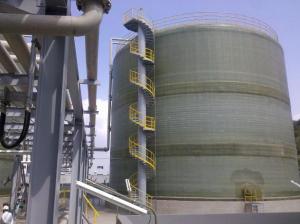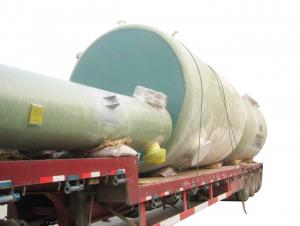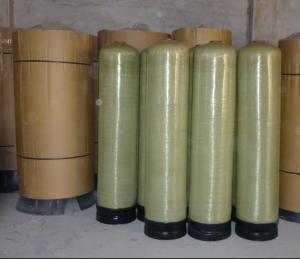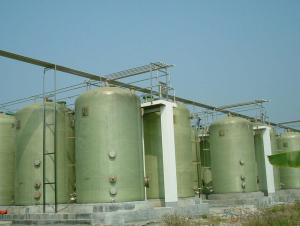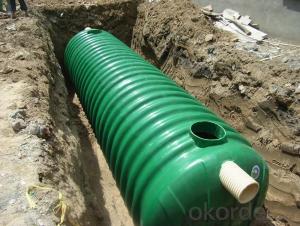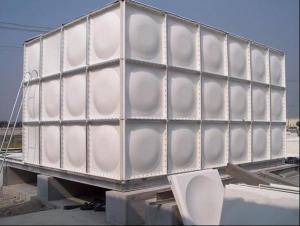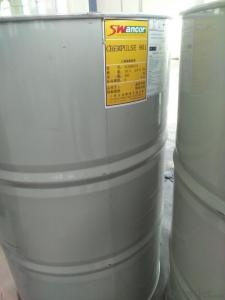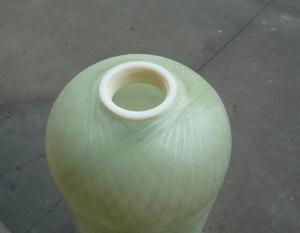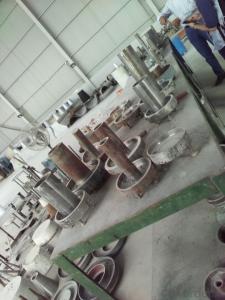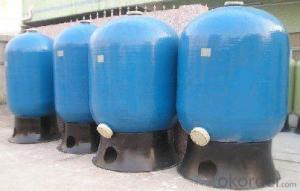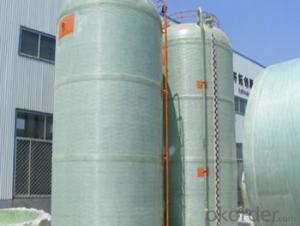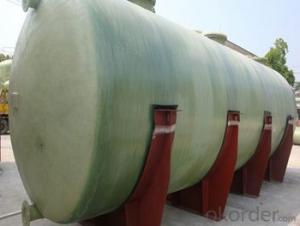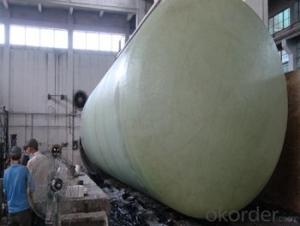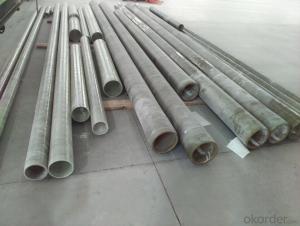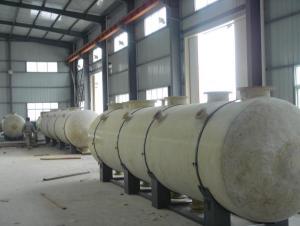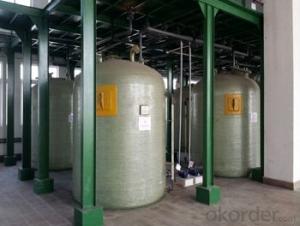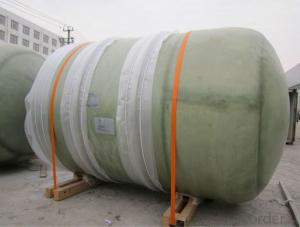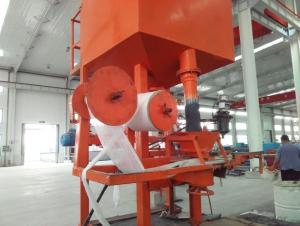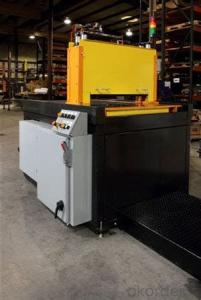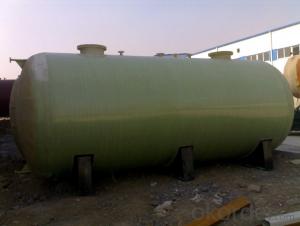All Categories
- - Steel Wire Rod
- - Steel Coils
- - Steel Profiles
- - Steel Pipes
- - Stainless Steel
- - Tinplate
- - Special Steel
- - Steel Sheets
- - Steel Rebars
- - Steel Strips
- - Hot Rolled Steel
- - Cold Rolled Steel
- - Pre-painted Steel
- - Seamless Steel Pipe
- - Welded Steel Pipe
- - Hollow Steel Tubes
- - Galvanized Pipe
- - Stainless Steel Coil
- - Stainless Steel Sheet
- - Stainless Steel Plate
- - Stainless Steel Strips
- - Electrolytic Tinplate Coil
- - Electrolytic Tinplate Sheet
- - Stainless Steel Rebars
- - Solar Panels
- - Solar Water Heater
- - Solar Related Products
- - Solar Inverter
- - Solar Cells
- - Solar Light
- - Solar Energy Systems
- - Solar Controllers
- - Solar Mounting System
- - Solar Pump
- - Solar Chargers
- - Fiberglass Chopped Strand
- - Fiberglass Mesh Cloth
- - Composite Pipes
- - FRP Pultrusion Profiles
- - Fiberglass Mat Tissue
- - Fiberglass Fabrics
- - Fiberglass Mesh
- - Composite Tank
- - Fiberglass Mesh tape
- - Polymer
- - FRP Roofing Panel
- - Fiberglass Roving
- - Monolithic Refractories
- - Ceramic Fiber Products
- - Refractory Bricks
- - Raw Materials For Refractory
- - Suspended Platform
- - Cranes
- - Concrete Machinery
- - Earthmoving Machinery
- - Building Hoist
- - Road Building Machinery
- - Plastic Pipe Fittings
- - Plastic Tubes
- - Plastic Sheets
- - Agricultural Plastic Products
- - Plastic Nets
 All Categories
All Categories
Q & A
How do composite tanks handle issues of chemical compatibility and reactivity when used in the chemical processing industry?
Composite tanks in the chemical processing industry are designed to handle issues of chemical compatibility and reactivity effectively. These tanks are made from corrosion-resistant materials, such as fiberglass or carbon fiber reinforced polymers, which exhibit excellent resistance to a wide range of chemicals. They are specifically engineered to withstand the corrosive effects of different chemicals and maintain their structural integrity over time. Additionally, before installation, thorough chemical compatibility tests and assessments are conducted to ensure the selected composite materials are suitable for the specific chemicals being stored. This ensures that the tanks can safely handle the chemicals without compromising their integrity, preventing leaks or reactions that could pose risks to human health or the environment.
What industries use composite tanks for transporting liquids or gases?
Some industries that use composite tanks for transporting liquids or gases include the oil and gas industry, chemical industry, transportation industry, and aerospace industry.
Can composite tanks be used for underground fuel storage?
Yes, composite tanks can be used for underground fuel storage. Composite tanks are made from a combination of materials such as fiberglass, carbon fiber, and epoxy resin, which offer excellent corrosion resistance and durability. These tanks are often used for storing fuel underground due to their ability to withstand harsh environmental conditions, provide long-term reliability, and meet regulatory requirements for underground storage.
What is the impact of composite tanks on the overall cost of a product?
Composite tanks can have a significant impact on the overall cost of a product. While they may have a higher upfront cost compared to traditional tanks, composite tanks are often lighter, stronger, and more durable. This can lead to reduced transportation and installation costs, increased product lifespan, and lower maintenance expenses. Additionally, composite tanks are often corrosion-resistant, which can save money on coatings and prevent the need for frequent repairs. Therefore, despite the initial investment, composite tanks can ultimately contribute to cost savings in the long run.
Wholesale Composite Tank from supplier in Papua New Guinea
We are a Composite Tank supplier serving the Papua New Guinea, mainly engaged in the sale, quotation, and technical support services of various Composite Tank products in the Papua New Guinea region. We are a subsidiary platform of the Fortune Global 500 company CNBM, able to provide you with one-stop Composite Tank procurement services in the Papua New Guinea. Not only do we have a wide range of Composite Tank products, but after years of market development in the Papua New Guinea, we can also provide valuable experience for your projects.
Hot Search
- Fiberglass Chopped Strand in Czech Republic
- Fiberglass Mesh Cloth in Lebanon
- Composite Pipes in Jordan
- FRP Pultrusion Profiles in Tajikistan
- Fiberglass Mat Tissue in Botswana
- Fiberglass Fabrics in Sweden
- Fiberglass Mesh in Togo
- Composite Tank in Kazakhstan
- Fiberglass Mesh tape in Comoros
- Polymer in Spain
